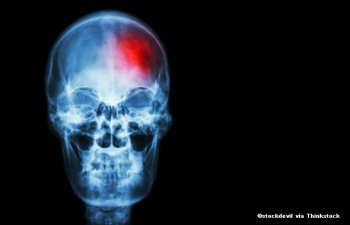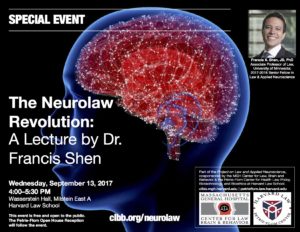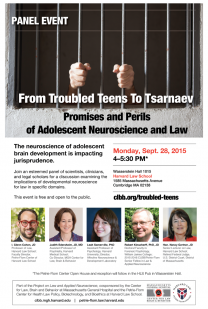
With growing neuroscientific research on sports concussions, states have revised their policies and statutes. Yet at present we have limited research on how these state sports concussion laws are working. This panel will explore the intersection of neuroscience and law in the context of preventing, detecting, and treating youth sports concussions.
Panelists:
- William Meehan, Associate Professor of Pediatrics, Boston Children’s Hospital
- Hosea Harvey, Associate Professor of Law and Associate Professor of Political Science (by courtesy), Temple University
- Francis X. Shen, Senior Fellow in Law and Neuroscience at the Project on Law and Applied Neuroscience, a collaboration between the Center for Law, Brain & Behavior at Massachusetts General Hospital and the Petrie-Flom Center for Health Law Policy, Biotechnology, and Bioethics at Harvard Law School; Associate Professor of Law and McKnight Land-Grant Professor, University of Minnesota Law School; Executive Director of Education and Outreach, the MacArthur Foundation Research Network on Law and Neuroscience
The Project on Law and Applied Neuroscience is a collaboration between the MGH Center for Law, Brain & Behavior and the Petrie-Flom Center for Health Law Policy, Biotechnology, and Bioethics at Harvard Law School.
Watch a video of this event:





